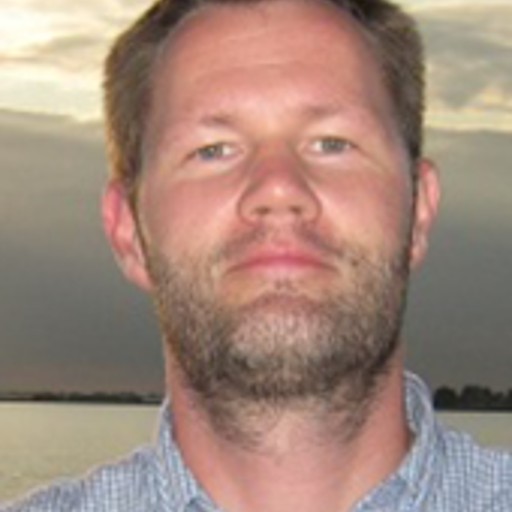Course syllabus adopted 2019-02-21 by Head of Programme (or corresponding).
Overview
- Swedish nameDatavetenskapligt projekt
- CodeDAT085
- Credits7.5 Credits
- OwnerMPALG
- Education cycleSecond-cycle
- Main field of studyComputer Science and Engineering, Software Engineering
- DepartmentCOMPUTER SCIENCE AND ENGINEERING
- GradingTH - Pass with distinction (5), Pass with credit (4), Pass (3), Fail
Course round 1
- Teaching language English
- Application code 02134
- Open for exchange studentsNo
- Only students with the course round in the programme overview.
Credit distribution
Module | Sp1 | Sp2 | Sp3 | Sp4 | Summer | Not Sp | Examination dates |
|---|---|---|---|---|---|---|---|
| 0107 Project 7.5 c Grading: TH | 7.5 c |
Examiner
- Magnus Almgren
- Associate Professor*, Computer and Network Systems, Computer Science and Engineering
Course round 2
- Teaching language English
- Application code 02114
- Open for exchange studentsNo
- Only students with the course round in the programme overview.
Credit distribution
Module | Sp1 | Sp2 | Sp3 | Sp4 | Summer | Not Sp | Examination dates |
|---|---|---|---|---|---|---|---|
| 0107 Project 7.5 c Grading: TH | 7.5 c |
Examiner
- Magnus Almgren
- Associate Professor*, Computer and Network Systems, Computer Science and Engineering
Course round 3
- Teaching language English
- Application code 02115
- Open for exchange studentsNo
- Only students with the course round in the programme overview.
Credit distribution
Module | Sp1 | Sp2 | Sp3 | Sp4 | Summer | Not Sp | Examination dates |
|---|---|---|---|---|---|---|---|
| 0107 Project 7.5 c Grading: TH | 7.5 c |
Examiner
- Magnus Almgren
- Associate Professor*, Computer and Network Systems, Computer Science and Engineering
Course round 4
- Teaching language English
- Application code 02116
- Open for exchange studentsNo
- Only students with the course round in the programme overview.
Credit distribution
Module | Sp1 | Sp2 | Sp3 | Sp4 | Summer | Not Sp | Examination dates |
|---|---|---|---|---|---|---|---|
| 0107 Project 7.5 c Grading: TH | 7.5 c |
In programmes
Examiner
- Magnus Almgren
- Associate Professor*, Computer and Network Systems, Computer Science and Engineering
Eligibility
General entry requirements for Master's level (second cycle)Applicants enrolled in a programme at Chalmers where the course is included in the study programme are exempted from fulfilling the requirements above.
Specific entry requirements
English 6 (or by other approved means with the equivalent proficiency level)Applicants enrolled in a programme at Chalmers where the course is included in the study programme are exempted from fulfilling the requirements above.
Course specific prerequisites
To apply for the course, the student must have arranged a teacher who is willing to supervise the project. The student should have taken courses needed for the topic chosen, as judged appropriate by the supervisor. A written project proposal must be approved by a course examiner prior to course registration.
Aim
In this course the students do a project in limited time. The subject can be freely chosen within computer science and engineering, and suggested by the students themselves or by potential supervisors. The project shall be on a nontrivial level. The project can be done in small groups, with the understanding that all group members contribute substantially, or individually. A final report must be delivered and also presented orally. Contents, depth and clarity will count.Learning outcomes (after completion of the course the student should be able to)
- work on a complex task which has a clear goal but in general no predefined result,
- integrate knowledge from disparate fields if appropriate,
- apply and strengthen various skills, such as
- problem recognition and problem solving
- modelling av problem
- application and adaptation of textbook methods
- independent literature investigation
- implementation of software and use of existing software packages
- testing av mjukvara
- drawing conclusions from experimental results.
- plan the steps of a complex work, set up intermediate goals and keep the project running, come to realistic estimates of resources and achievable results, revise goals and develop work-arounds if necessary,
- communicate and present the results efficiently, both in writing and orally
- document the work in such a way that others can build on it later on.
